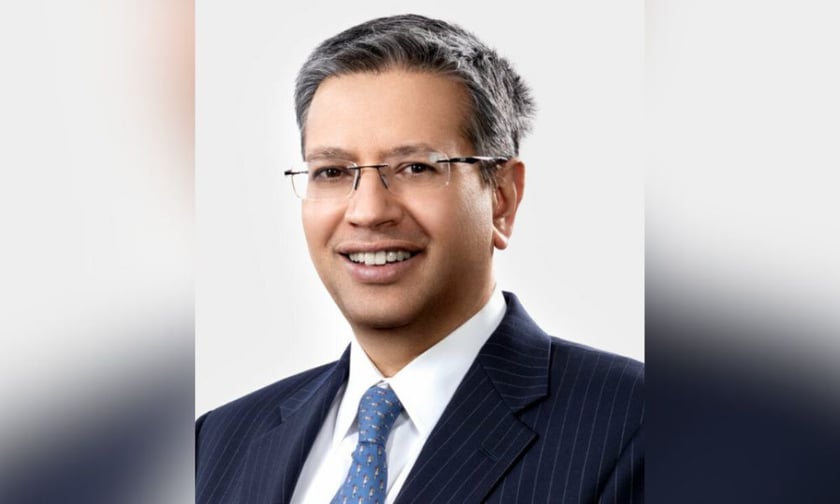

Talent attraction remains among the most pressing challenges in the insurance industry today.
Organizations are proactively seeking to fill roles left by an increasing number of retiring skilled workers. But does the claims sector have a “structural disadvantage” in the game?
Rohit Verma (pictured), CEO of Crawford & Company, thinks so.
“If you went to a school and asked 10 to 20 people where insurance lies as a career choice, it often doesn't make the top five, sometimes not even the top 10,” he told Insurance Business.
“There's a spectrum of jobs in the insurance industry, from brokers to claims adjusters, but a smaller pool of candidates interested in claims roles.”
This disproportionate spread of interest is compounded by the episodic nature of claims and an aging workforce, according to Verma.
“Because of the episodic nature of claims, you can have two hurricanes one season and then multiple seasons with less activity. This fluctuation makes it challenging to match supply and demand,” said Verma.
“Individuals may hesitate to enter the space due to concerns about sustained work opportunities and a lack of full understanding of the industry.”
Verma dismissed concerns about artificial intelligence (AI) replacing human roles in insurance. Despite the rise of AI, the industry still faces a significant need for qualified adjusters, according to the CEO, with estimates suggesting demand for 50,000 adjusters in the US alone in the next year.
“The reality is that AI really can't come and take away jobs. It will be a long time before AI completely eliminates the number of people we need,” he said.
Verma emphasized the need for a balanced approach, acknowledging the role of technology in enhancing processes while underscoring the continued importance of human judgment and intervention.
"AI has its place, but to expect that it'll just eliminate jobs and people will be replaced by robots, I think that is a bit too far-fetched at this point," he said.
The Crawford CEO highlighted the critical role that claims handling plays in the insurance process, saying carriers face potential reputational risks if claims are not managed promptly and effectively.
“A policy is just a promise that if a claim arises, we'll be there for them,” Verma said. “If we lack the people to deliver this product, we fail to fulfill our promise.
“When a claim occurs, it's often one of the worst days for individuals or businesses, adding moral devastation to physical damage if help is delayed due to a shortage of human resources.”
Verma also touched on strategies for improving the speed and efficiency of claims handling, emphasizing the importance of intelligent triage and inspection processes. He underscored the need for a human touch in these processes to ensure claims are handled efficiently and effectively, particularly during catastrophes.
He outlined a three-step approach: "Ingest, intelligently triage, and inspect."
This method, he explained, ensures that claims are processed quickly and accurately, minimizing delays for policyholders.
Apart from structural hurdles to attracting and retaining talent, Verma noted there’s still work to do dismantling of the negative perception of the insurance industry.
He said the industry should aim to bring awareness of career opportunities to high schools, progressing through associate degree programs and into college programs.
“First, insurance is the engine of the economy. Every job is represented in the insurance business, so we have mathematicians, statisticians, engineers, architects, nurses, doctors, and lawyers. I don't know of any other industry with that wide a representation of professionals,” Verma said.
“Second, the industry is generally much more resilient to economic downturns. Insurance remains a stable and reliable career path despite economic shifts, making it an attractive option for those seeking long-term security.”
Looking to the future, Verma emphasized the importance of tapping into talent globally to address capacity issues during crises. He highlighted Crawford's approach to viewing the organization as one unified global workforce, deploying resources based on expertise rather than geographical boundaries.
"We view our organization as one single global workforce that we deploy based on their capability and expertise," Verma said, emphasizing the importance of a cohesive approach in meeting clients' needs worldwide.
Do you agree with Verma’s views on the talent challenges in the insurance industry? Please share your thoughts in the comments.
